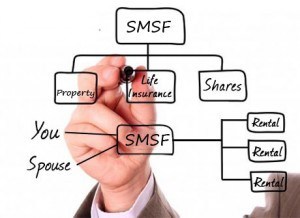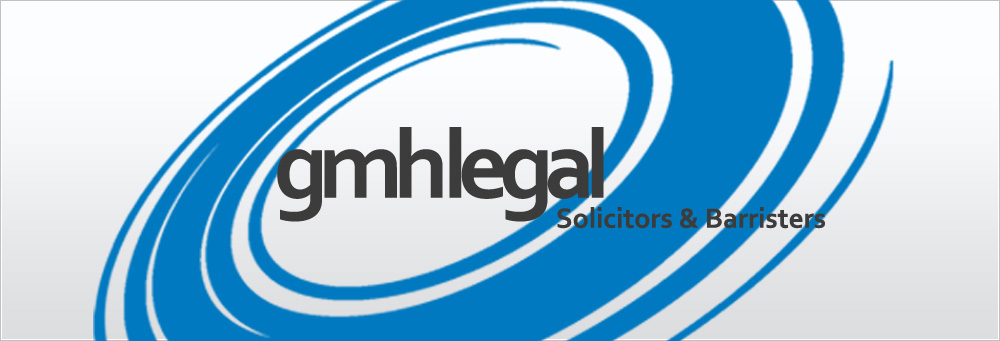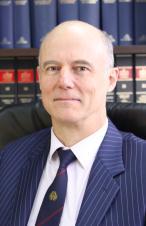We’ve heard this so many times. You ask the question to a trustee or even an accountant or adviser – “what trust deed are you using?”
And the answer is “oh, you know, just a standard SMSF trust deed”.
Standard…… is there any such thing ?

What’s the big deal?
The big deal is that your trust deed is effectively the document that contains the governing rules of your fund. If your trust deed prevents you from doing a particular strategy or prevents you from investing in an asset you would like, then you can’t do it (unless you upgrade your deed), regardless of the fact that you may be able to do it under the SIS laws. Further to this, on the death of a member the trust deed will often direct what needs to happen and what options are available to the trustee. Again, this may be different (or restrictive) compared to what the law allows.
Examples of differences
Here’s just a couple of items that highlight the differences in trust deeds:
- Member voting: in the event of a disagreement within the fund around a particular action, how are votes counted when it comes to making a decision? Some deeds may say its one vote per trustee/director, while others may say a vote is based on the member balances (so that the members with the highest member balance controls the most votes). Which would you prefer?
- Binding death benefit nominations: there is an ATO Determination (SMSFD2008/3) that in a nutshell means SMSF trustees can implement non-lapsing binding death benefit nominations. In other words, they are not subject to lapsing after 3 years. However, many trust deeds will state that a BDBN can be created, however that it will lapse after 3 years. This is a classic case of a deed saying something prescriptive about what used to be interpreted as the law but is now not really required. Further to this, some deeds refer to a death benefit agreement or SMSF Will, which becomes part of the deed itself and are different beasts again.
The objective of this article is not to go into trust deeds in detail, but you now get the point. The above examples are just the start.
The bottom line:
The bottom line is that there is absolutely no such thing as a “standard” SMSF trust deed. This myth is busted.
However, the next question that then arises is – “how do I know if the deed I’ve got is right for me?”.
If we are being realistic here, trust deeds are rarely read or understood by regular trustees, and as such they will rely on the advice of an adviser or accountant (so the adviser/accountant needs to really understand the differences with trust deeds). We’ll endeavour to follow up in the future with a more comprehensive article on what the modern trust deed should be catering for.
Here at GMH Legal, our expertise in the superannuation sector allows us to ensure that you are getting the best possible advice personalised for your financial and personal circumstances.
Should you have a SMSF query, please contact our Principal Solicitor, Mr George Hanna on 02 9587 0458 for a free consultation.






